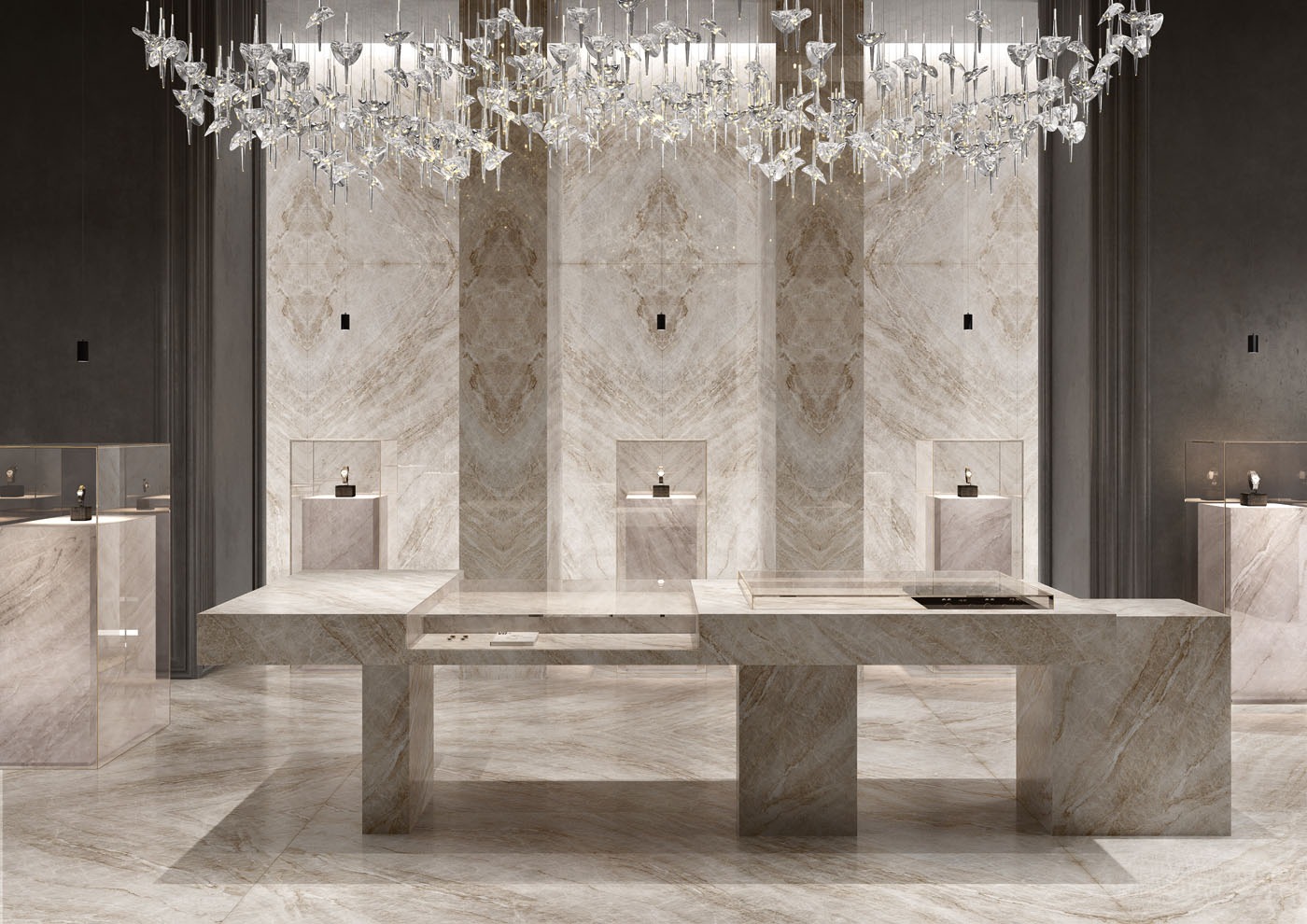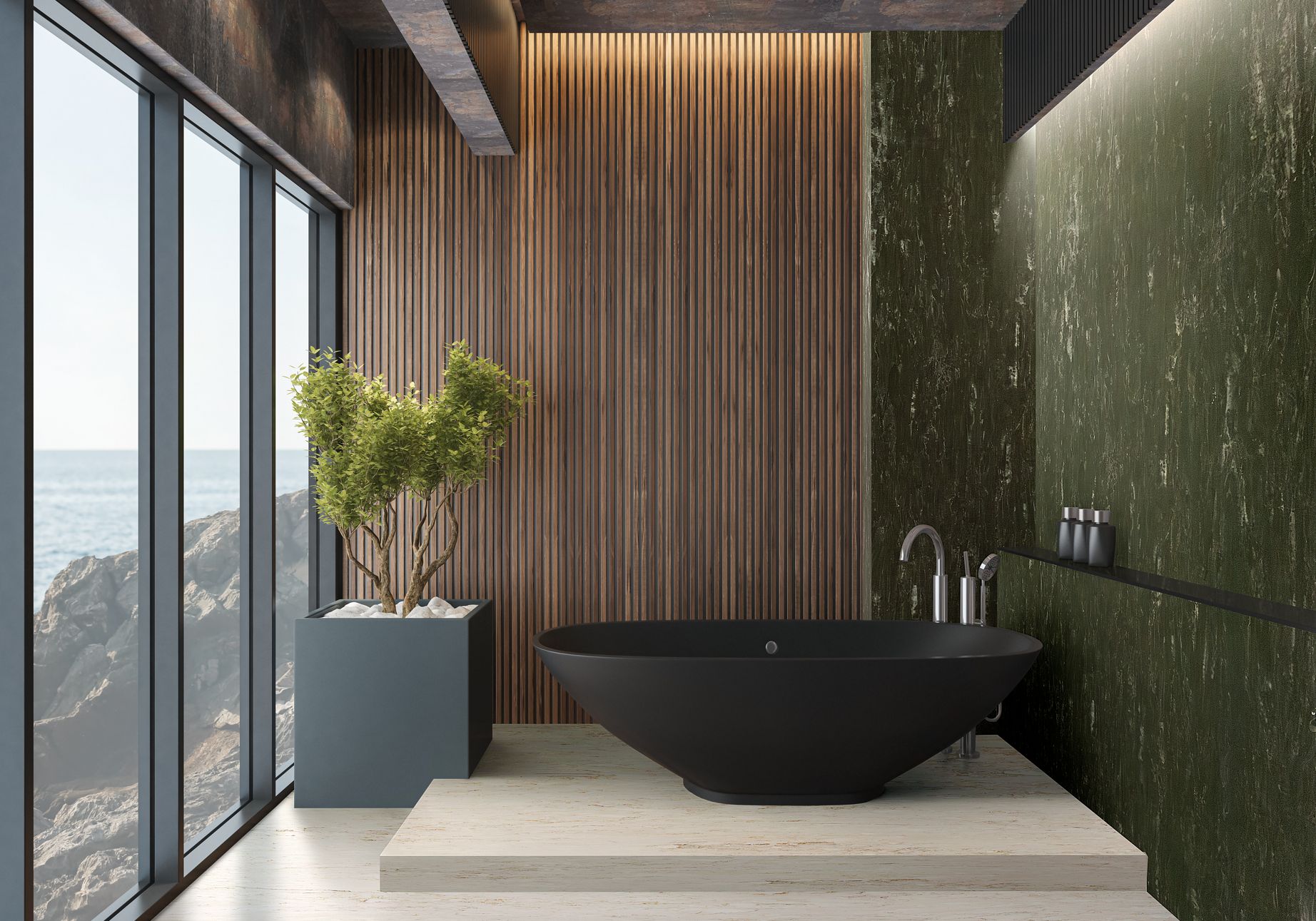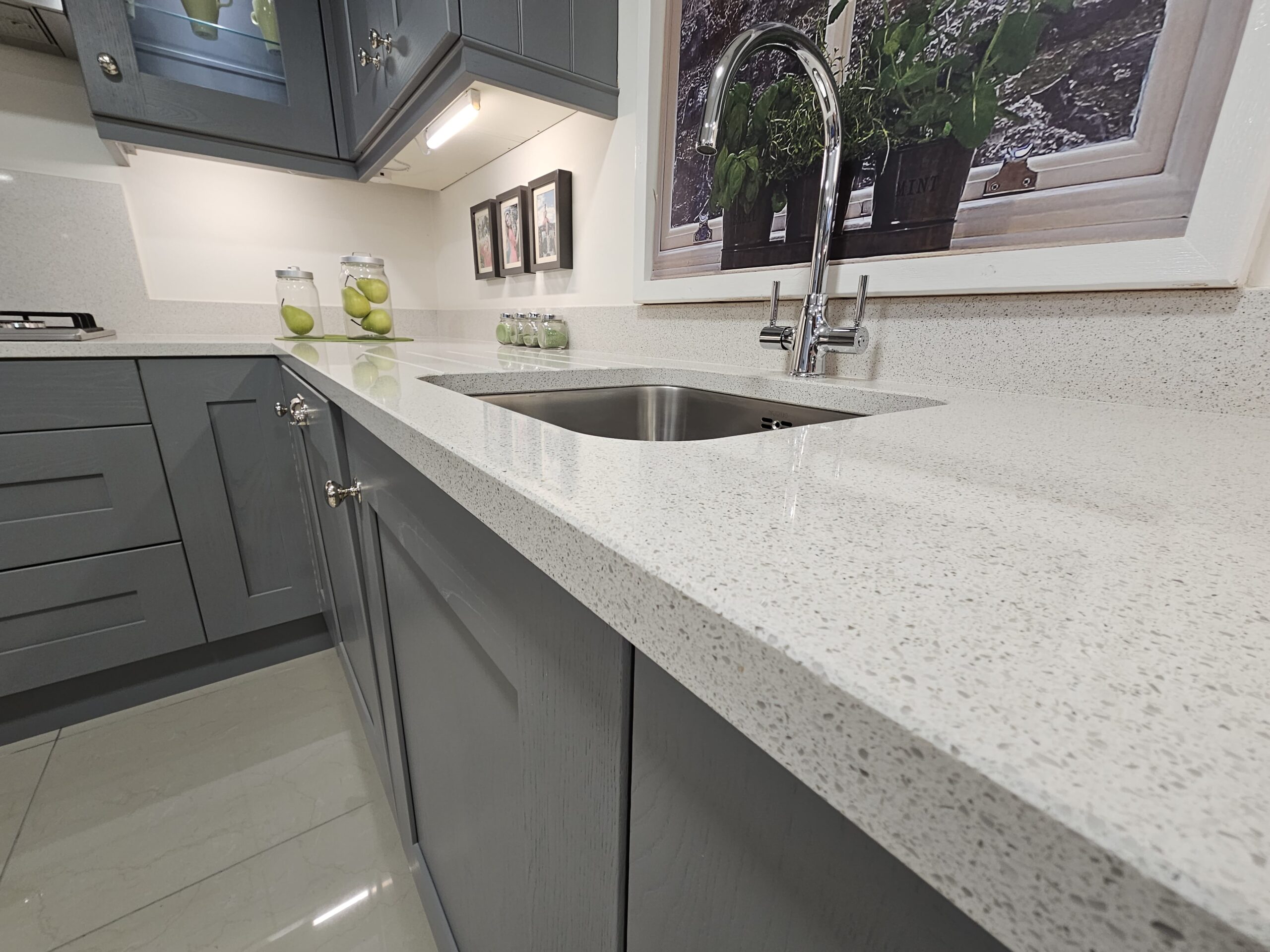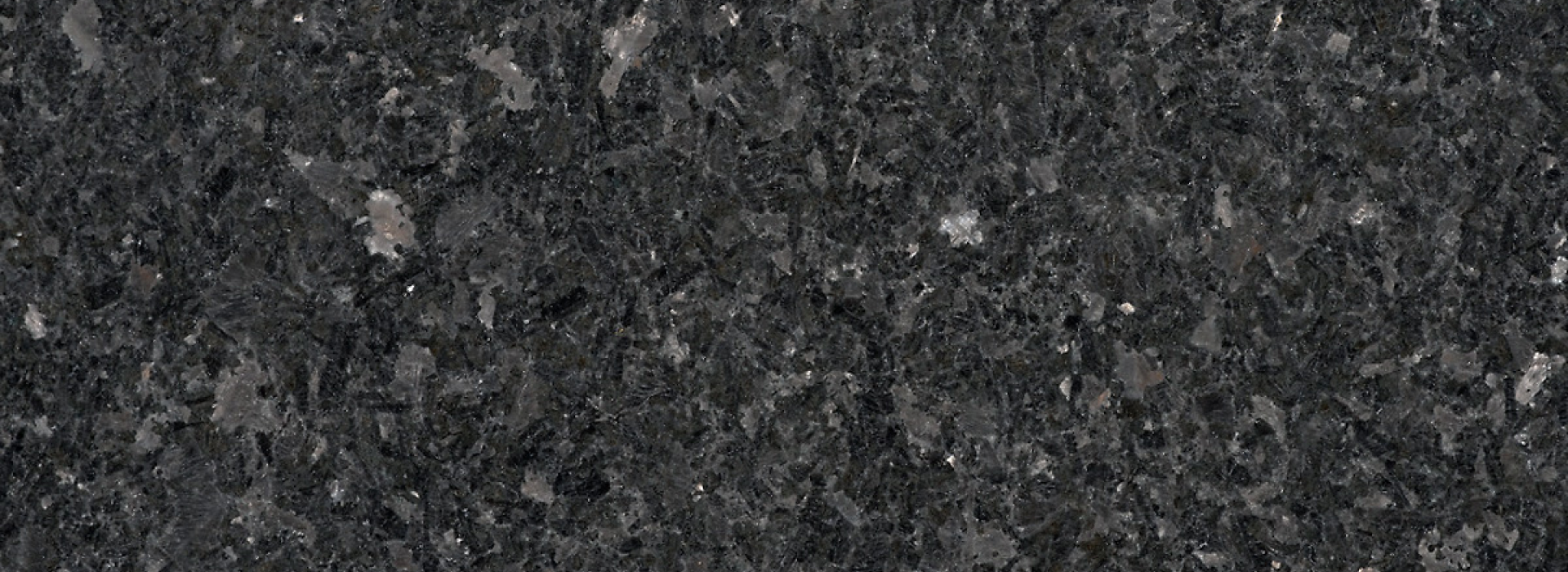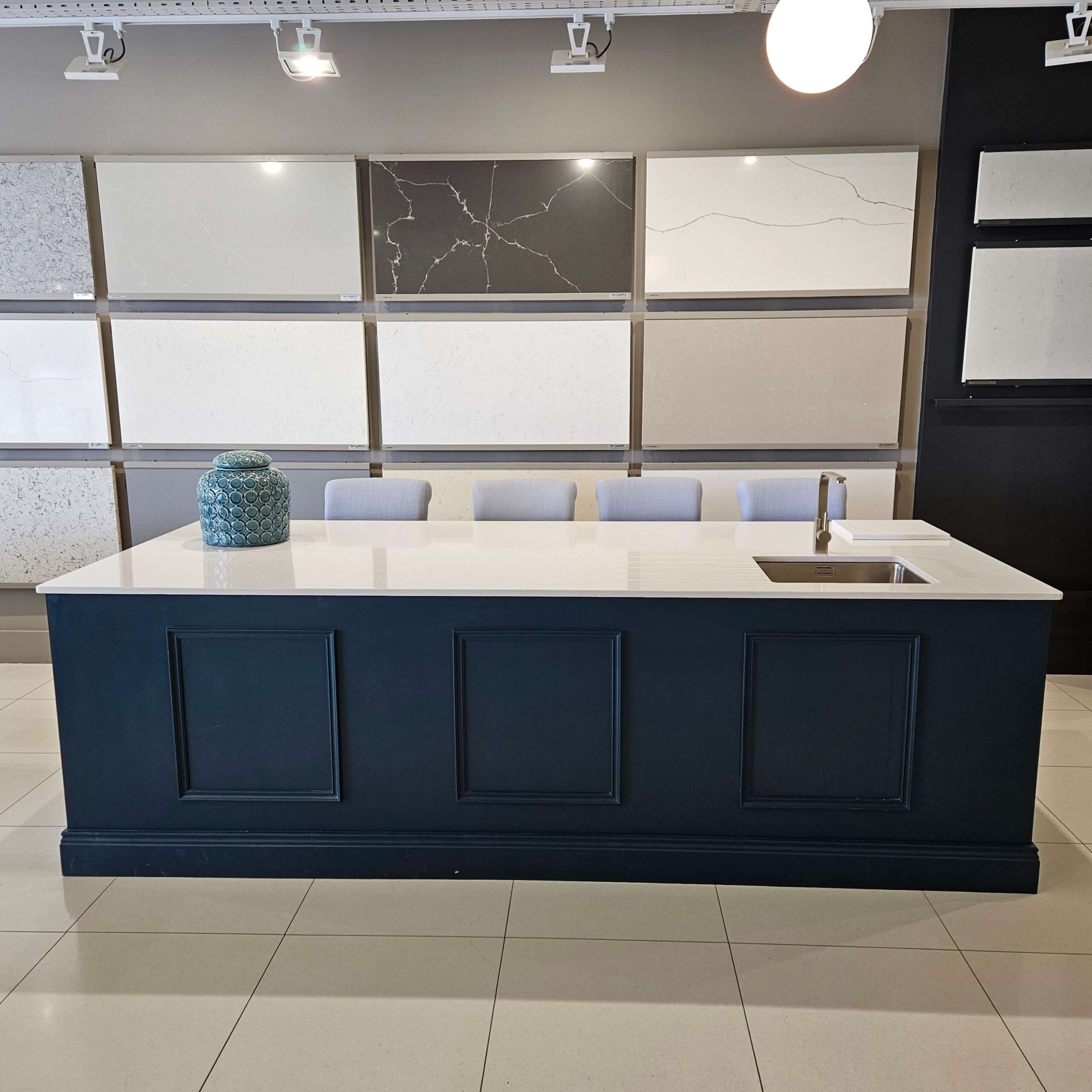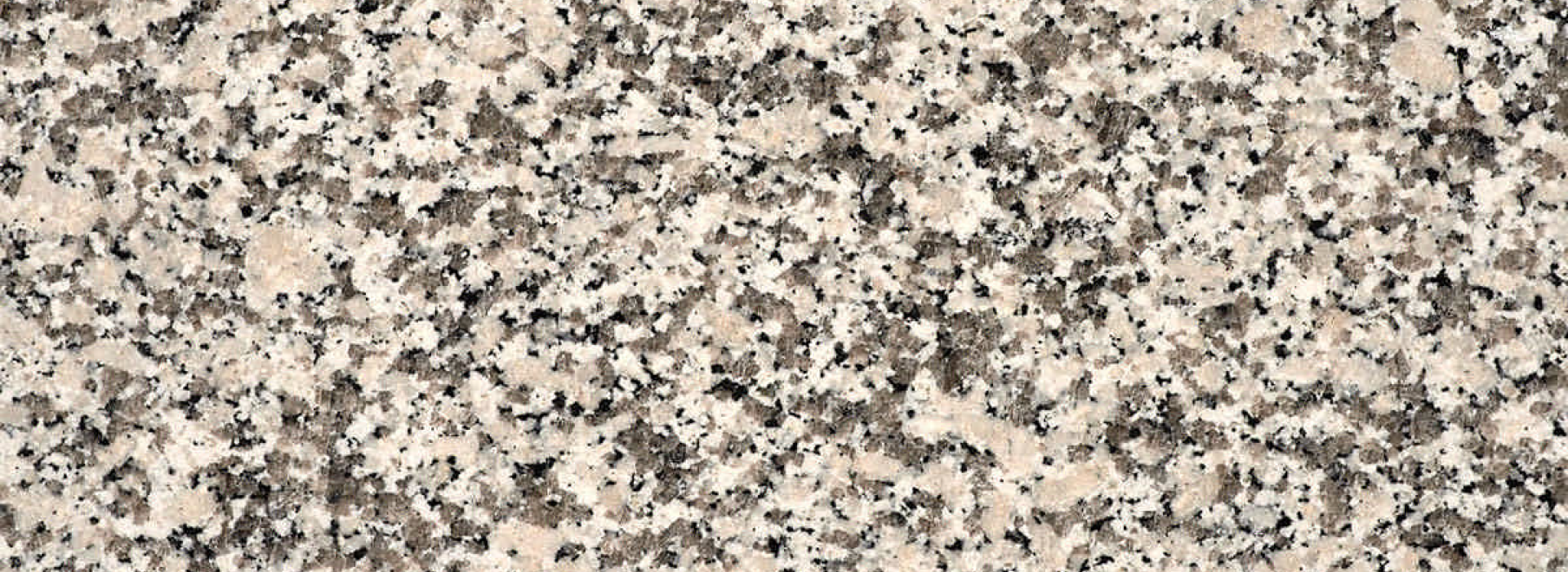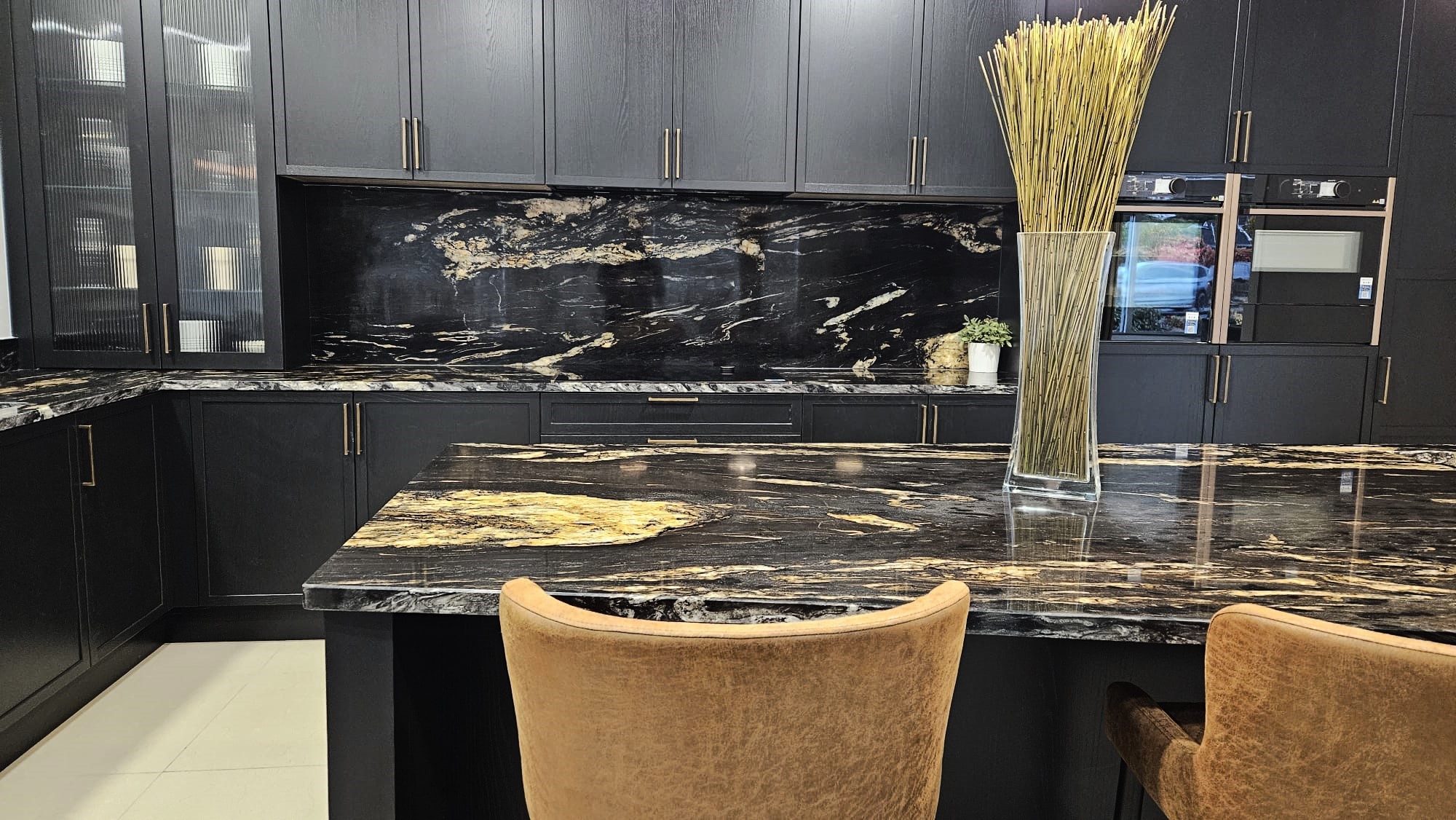When it comes to choosing the perfect surface for your kitchen or bathroom, the decision can be overwhelming. Among the myriad options available, quartz worktops have emerged as a popular choice for homeowners. But the burning question remains: is a quartz worktop worth it? To answer this, we’ll explore its benefits, drawbacks, and why it has become a top contender in modern interior design.
What is a Quartz Worktop?
Quartz worktops are engineered stone surfaces made from a blend of 90-95% natural quartz crystals and 5-10% polymer resins and pigments. This combination creates a highly durable, non-porous surface that mimics the beauty of natural stone while offering enhanced performance benefits.
Unlike natural stones such as granite or marble, quartz worktops are manufactured, giving designers more control over their appearance, durability, and functionality.
The Benefits of Quartz Worktops
1. Durability and Longevity
Quartz is one of the hardest minerals on Earth, and this strength translates directly into its use in worktops. A quartz worktop is highly resistant to chips, scratches, and cracks, making it a long-lasting investment for high-traffic areas like kitchens.
2. Non-Porous Surface
Unlike natural stones, quartz worktops are non-porous. This means they do not absorb liquids or harbor bacteria, making them an excellent choice for maintaining hygiene in your kitchen or bathroom. Spills from wine, coffee, or oils can be wiped clean without leaving stains.
3. Low Maintenance
Quartz worktops require minimal upkeep compared to natural stone surfaces. There’s no need for periodic sealing or specialized cleaning agents. A simple wipe-down with a mild detergent and water is enough to keep your quartz worktop looking pristine.
4. Aesthetic Versatility
Quartz worktops are available in a wide range of colors, patterns, and finishes. Whether you’re looking for the classic appeal of marble or a sleek, modern surface, quartz offers endless design possibilities. Its uniform appearance also makes it a favorite for contemporary interiors.
5. Heat and Scratch Resistance
While quartz is not entirely heatproof, it offers significant resistance to heat and scratches compared to other materials. Always use trivets or heat pads for hot pans, but rest assured that quartz can handle minor heat exposure without damage.
6. Eco-Friendly Option
Many quartz manufacturers prioritize sustainability by using recycled materials in their products. Additionally, the durability of quartz worktops reduces the need for replacement, making it an environmentally conscious choice in the long run.
Potential Drawbacks of Quartz Worktops
Despite its numerous advantages, a quartz worktop is not without its downsides. Here are some considerations to keep in mind:
1. Cost
Quartz worktops are often more expensive than other options like laminate or some natural stones. The price can vary depending on the brand, design, and installation, but the premium cost often reflects its superior quality and durability.
2. Not Completely Heatproof
While quartz is heat resistant, prolonged exposure to high temperatures can cause discoloration or damage to the surface. This makes it essential to use protective measures like trivets or heat-resistant mats.
3. Limited Outdoor Use
Quartz is not the best option for outdoor installations. Extended exposure to UV rays can cause fading or discoloration over time, making it better suited for indoor applications.
4. Seams May Be Visible
In larger installations, seams may be noticeable, especially in lighter colors or intricate patterns. However, skilled installers can minimize the appearance of seams to maintain a seamless look.
How Does Quartz Compare to Other Worktop Materials?
Quartz vs. Granite
Granite offers natural beauty with unique patterns, but it is porous and requires regular sealing. Quartz, on the other hand, provides a more uniform appearance, is non-porous, and requires less maintenance.
Quartz vs. Marble
Marble is prized for its luxurious look but is prone to staining, scratching, and etching. Quartz replicates the elegance of marble without its inherent fragility, making it a more practical choice.
Quartz vs. Laminate
Laminate worktops are budget-friendly but lack the durability and sophistication of quartz. While laminate may suffice for short-term solutions, quartz is a better long-term investment.
Quartz vs. Solid Surface (e.g., Corian)
Solid surfaces like Corian are seamless and can be repaired if scratched, but they are less heat resistant and not as durable as quartz. Quartz’s resilience gives it an edge in heavy-use areas.
Is a Quartz Worktop Right for You?
The decision to invest in a quartz worktop depends on your priorities and budget. If you value durability, low maintenance, and aesthetic appeal, a quartz worktop is undoubtedly worth considering. It is especially well-suited for busy households or anyone looking to enhance their home’s resale value.
While the upfront cost may be higher than other materials, the long-term benefits of a quartz worktop often outweigh the initial investment. Its combination of style, strength, and practicality makes it a standout choice in the realm of worktops.
Final Thoughts
A quartz worktop is more than just a functional surface; it’s a design statement that elevates any space. Its unique blend of beauty, durability, and low maintenance ensures that it continues to be a favorite among homeowners and designers alike.
for a large selection of quartz surfaces check out our current selection in our dublin showroom here
So, is a quartz worktop worth it? For many, the answer is a resounding yes. With its unrivaled performance and timeless appeal, quartz remains a top contender for those seeking a premium, hassle-free surface. Whether you’re renovating your kitchen or planning a new build, a quartz worktop is an investment that delivers in both form and function.


